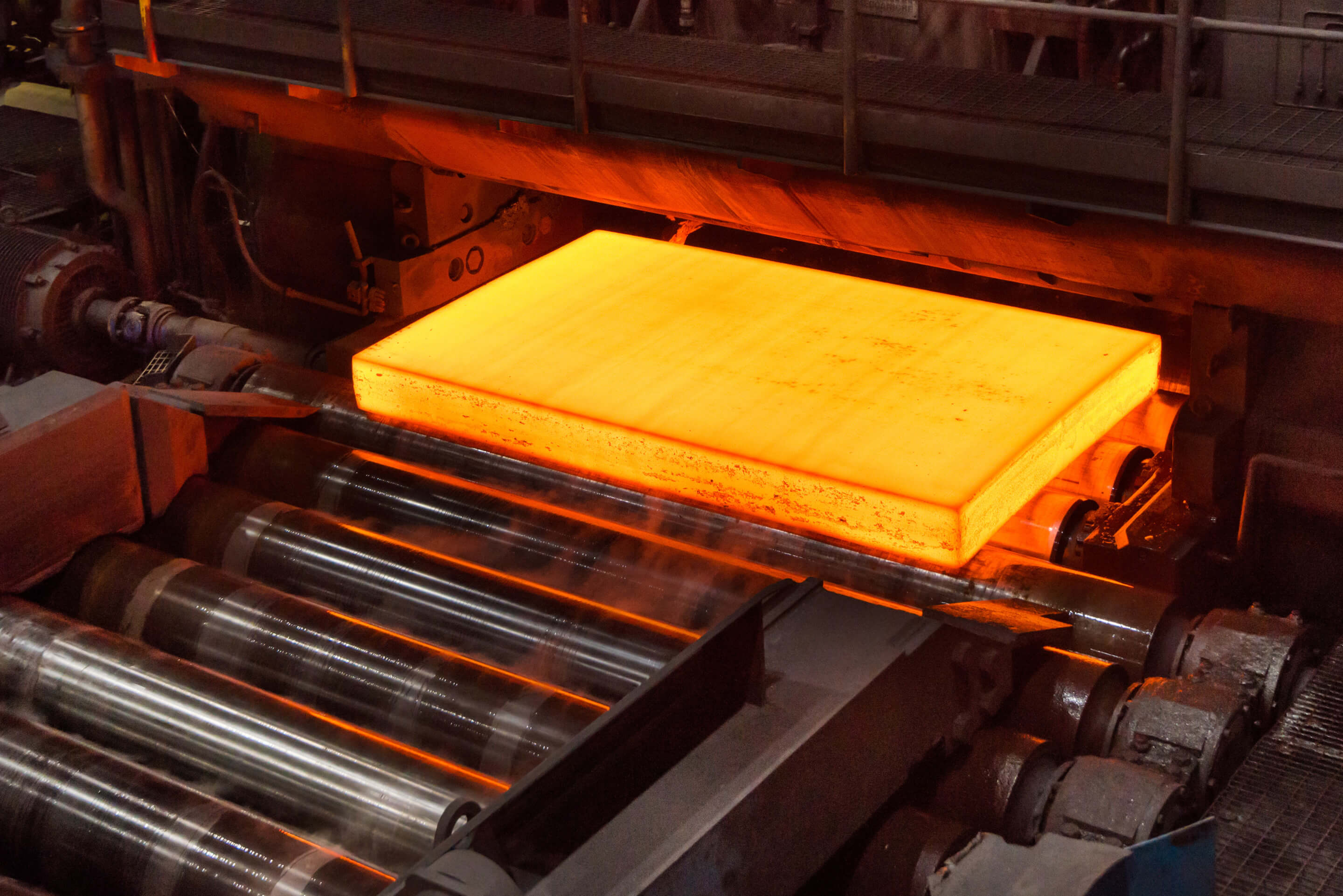For the last few years, the building industry has sought environmentally-friendly alternatives to steel production, estimated to cause 8 percent of all carbon dioxide (CO2) emissions annually. Cross-laminated timber (CLT) and other structural materials have been considered as relatively non-intensive stand-ins for the tried and true medium, leaving nearly a quarter of all steel companies with the risk of devaluation if they cannot decarbonize their industry, which traditionally relies on coal as both a raw material feedstock and a fuel.
In light of these figures, a partnership was established in Sweden five years ago to innovate methods for decarbonizing steel manufacturing so that it could remain a primary building material in the near future. Hydrogen Breakthrough Ironmaking Technology, or HYBRIT, is a Swedish Energy Agency-funded collaboration between the steel company SSAB, state-owned mining firm LKAB, and state-owned utility Vattenfall that has been innovating new methods for steel production, including the incorporation of fossil-free electricity and hydrogen in a move away from coal. “The HYBRIT technology involves replacing the blast furnace process,” the company explains, “which uses carbon and coke to remove the oxygen from iron ore, with a direct reduction process where we use fossil-free hydrogen produced from water using electricity from fossil-free energy sources.”
HYBRIT announced in July that it had rolled out its first carbon-free steel and is currently delivering the product to the Volvo Group. The Swedish automotive giant has expressed a commitment to the decarbonization goals set under the Paris Climate Agreement by vowing to reach net-zero greenhouse gas emissions by 2040. The company will incorporate the HYBRIT steel in the production of next year’s prototype vehicles and related components. “It’s very pleasing that the HYBRIT partnership is once more taking an important step forward and that SSAB can now produce the first fossil-free steel and deliver it to the customer,” said Vattenfall President and CEO Anna Borg in a press statement. “This shows how partnerships and collaboration can contribute to reducing emissions and building competitiveness for industries. Electrification is contributing to making fossil-free living possible within one generation.”
With the Volvo Group as their first major client, HYBRIT is hoping to gain the trust of the steel market at large as it scales up its manufacturing by 2026. Meanwhile, a second Swedish steel company, H2 Green Steel, is developing a fossil fuel-free steel plant of its own in the north of the country, suggesting that the future of steel manufacturing is Scandinavian.
